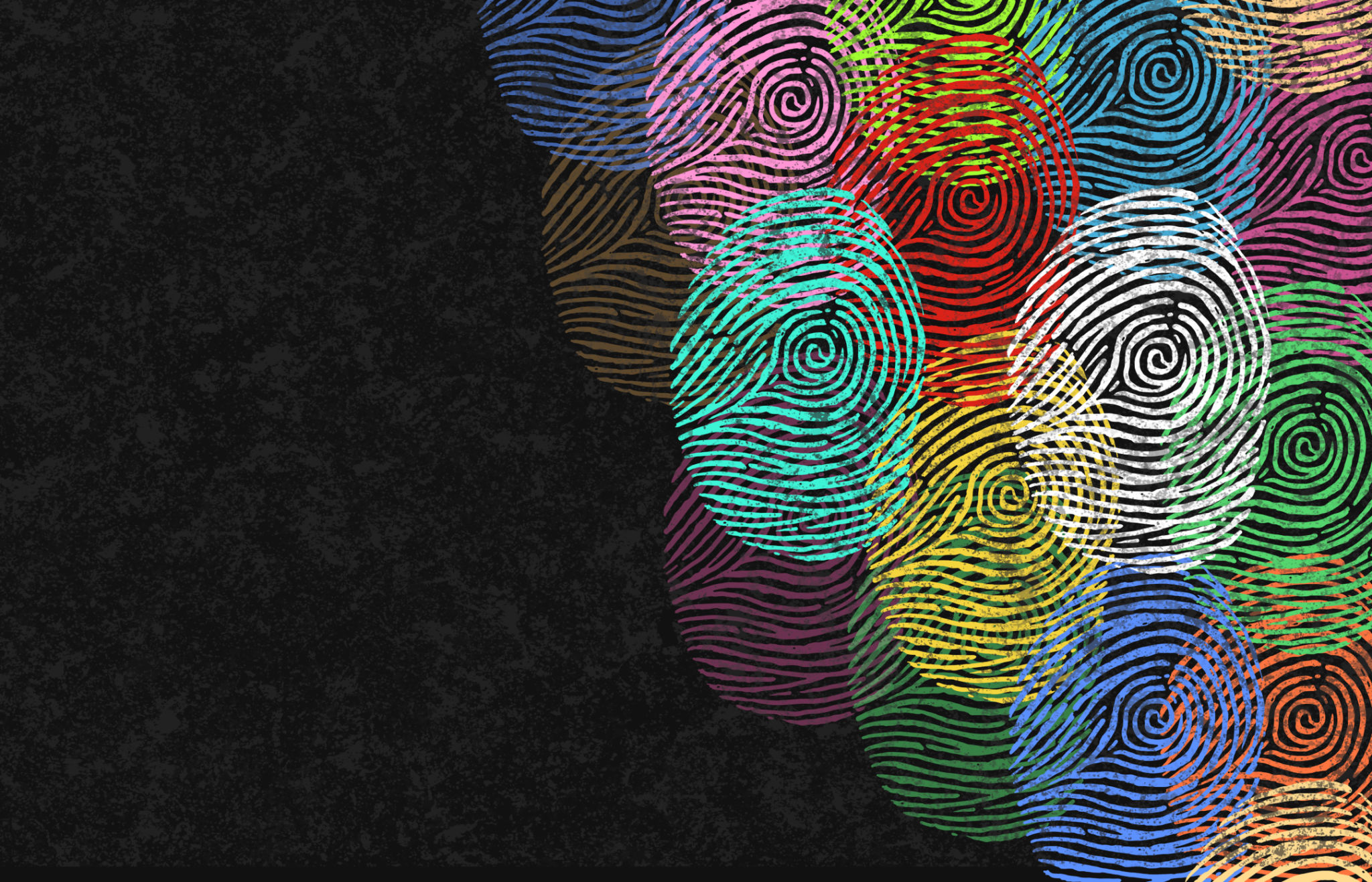Strengths-Based Approaches in Neurodivergent Coaching: Why They Matter
Understanding Strengths-Based Approaches
In recent years, the field of coaching has increasingly embraced strengths-based approaches, particularly when working with neurodivergent individuals. Unlike traditional methods that may focus on correcting perceived weaknesses, strengths-based coaching emphasizes identifying and building upon a person's inherent talents and abilities. This approach acknowledges the unique perspective and skills that neurodivergent individuals bring to the table, fostering an environment of empowerment and self-awareness.
A strengths-based approach leverages the positive aspects of neurodiversity, helping individuals thrive in various aspects of life, including personal development, education, and career progression. By focusing on what individuals do well, coaches can help them harness their potential and achieve meaningful goals.

The Importance of Strengths-Based Coaching
Strengths-based coaching is particularly beneficial for neurodivergent individuals, such as those with ADHD, autism spectrum disorder, or dyslexia. These individuals often face challenges in environments that prioritize conformity and standardization. However, a strengths-based approach recognizes diversity as an asset, encouraging individuals to embrace their differences as unique contributions.
This approach also promotes increased self-esteem and confidence. By acknowledging and nurturing strengths, neurodivergent individuals can develop a stronger sense of identity and self-worth. This positive reinforcement leads to greater motivation and engagement in both personal and professional settings.
Practical Applications in Coaching
A strengths-based approach can be effectively implemented through various coaching techniques. Coaches might use tools like the CliftonStrengths assessment or VIA Character Strengths survey to identify key areas of strength. Once these strengths are identified, coaches work collaboratively with individuals to set realistic goals and develop strategies that align with their natural abilities.

Coaches also encourage reflective practices that help individuals recognize their achievements and progress over time. This reflection reinforces a positive feedback loop, making it easier for individuals to build on their successes and tackle new challenges with confidence.
Benefits for Organizations
Organizations that adopt a strengths-based approach in their coaching programs can benefit significantly. By fostering an inclusive workplace culture that values neurodiversity, companies can tap into a broader range of skills and perspectives. This diversity can lead to greater innovation, improved problem-solving, and a more dynamic team environment.
Additionally, organizations that support strengths-based development often see increased employee satisfaction and retention. Employees who feel valued for their unique contributions are more likely to remain engaged and committed to their work.

Implementing Strengths-Based Approaches
To successfully implement strengths-based approaches in neurodivergent coaching, it is essential to cultivate an inclusive mindset across all levels of an organization. This involves training coaches and leaders to recognize and celebrate diversity while providing resources that support personal and professional growth.
Moreover, open communication channels should be established to ensure that neurodivergent individuals feel heard and understood. By creating supportive environments where everyone can thrive, organizations not only enhance individual success but also contribute to a more equitable society.
Conclusion
In summary, strengths-based approaches in neurodivergent coaching offer immense potential for personal growth and organizational success. By focusing on strengths rather than weaknesses, coaches can empower individuals to reach their full potential and contribute meaningfully to their communities. As more organizations embrace this inclusive mindset, the benefits for individuals and society at large will continue to grow.